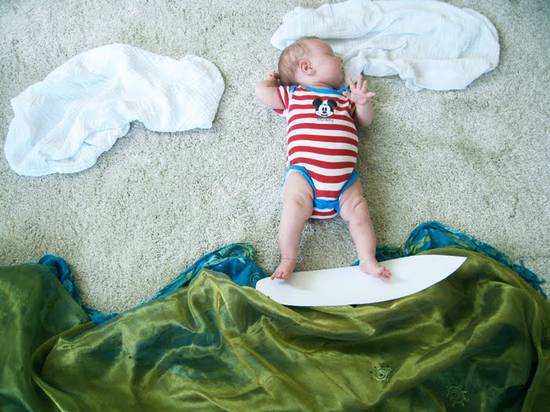This is back when I was on Tele (Sept 7), but pretty near the end of my sentence there.
I was Resource, or maybe Committee. Regardless, I didn't have patients of my own. My task was to help discharge a patient who'd been admitted for CHF. I knew pretty much nothing else about him lol.
So the discharge paperwork has a lot of instructions and education on it, so patients don't have to try to remember every little thing. The CHF paperwork is probably our most common; I can quote chunks of it from memory.
So I'm going over the instructions with the patient, his wife, and his son: "Start taking these medications, this one has changed dosage, stop taking this one, etc" Then we get to the lifestyle habits that are essential for controlling CHF.
"Try to cut as much salt out of your diet as possible. Penzey's (a spice company) has some amazing salt-free seasoning mixes that really help make up the flavor. And make sure to weigh yourself every morning, after you pee, but before you eat anything, wearing similar clothes every time." At which point the patient looks rather confused. I said, "Oh. Is this a new diagnosis of CHF? Someone from the CHF team should've come to see you at some point." "No, I got diagnosed last year." "And no one has mentioned weighing yourself?" "I don't even have a scale." Ohhh boy....
So I got to explain how salt and water work to balance in the body, and increased salt makes water stick around longer. It makes the heart work harder to move around the increased volume, and the fluids tend to leak out of the vessels causing swelling in the legs and difficulty breathing. Fluids can build up pretty quickly, so weighing yourself is the best way of telling if things are getting bad. If you gain 2lbs in a day, or 5lbs 5 days, it's likely to be water, not real weight.
"Trust me on this one thing: cutting the salt and checking daily weights are the easiest way to avoid ending up back in the hospital. I *know* you don't wanna come back here. It's much better to catch it early, and just go to the doctor for a med adjustment..."
Apparently no one had explained this to them in the way they could understand, let alone told them *why* they should make these lifestyle changes. I made little extra cheat notes on the instructions to help them remember the basics.
Eventually the runner came to wheel the patient out, and I wished them luck and headed down the hall. The son called me back for a moment, smiled, and said "Thank you so much for all your help, you should at least have dinner on me." He pressed a $20 bill into my hand. I thought about protesting, but he looked so genuinely, sincerely happy that I figured I'd just keep my mouth shut.
I never thought being a nurse would involve getting tips :)

